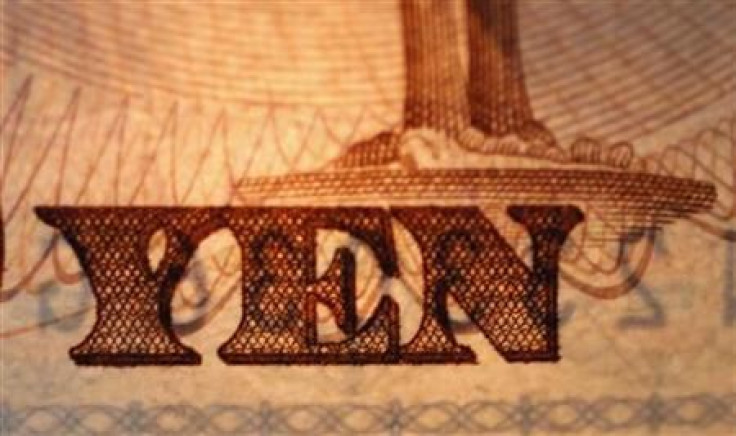Japan’s Economy Contracts 0.9% In Q3: Revised GDP Data

Japan's gross domestic product contracted in the third quarter in comparison to that in the previous quarter due to the soft global demand and the weakening domestic consumption in the world's third biggest economy.
According to the revised data released Monday by the Cabinet Office, Japan’s GDP, which measures the annualized change in the inflation-adjusted value of all goods and services produced by the economy, shrank to 0.9 percent in the quarter ending Sept. 30, down from a 0.1 percent rise in the previous three months.
This comes after Japan reported last month that the retail sales fell in October compared to those in the same month last year, indicating a faltering of consumer spending, which accounts for the majority of overall economic activity. The data released by the Ministry of Economy, Trade and Industry show that Japan’s retail sales, which measure the total value of inflation-adjusted sales at the retail level, fell 1.2 percent in October from the same month a year earlier, down from a 0.4 percent rise in September.
Japan’s manufacturing activity contracted in November to a 19-month low, increasing concerns about a slowdown. According to the data released last month by Markit/JMMA, the headline Purchasing Managers’ Index fell to 46.5 in November from 46.9 in October. Any number below 50 indicates an economic contraction. The continued shrinking of the manufacturing activity would increase the likelihood of a sharp contraction in the economy.
The continuing debt crisis in Europe and a strong yen have also hurt the demand for exports, the key driver of Japan's economy. Investors see an urgent need for policymakers to evolve measures that strengthen the growth potential of the economy, which many expect to be announced after the elections in December.
With Japan's gross domestic product contracting in the third quarter in comparison to the previous quarter, the policymakers are under pressure to further ease the monetary policy.
Also, last month, Japan faced a sudden development on the political scene with Prime Minister Yoshihiko Noda dissolving the Diet ahead of the general elections to be held Dec. 16. Investor confidence rose amid hopes that the main opposition, the Liberal Democratic Party, led by Shinzo Abe who is the proponent of aggressive monetary easing measures, would win the elections.
© Copyright IBTimes 2024. All rights reserved.











